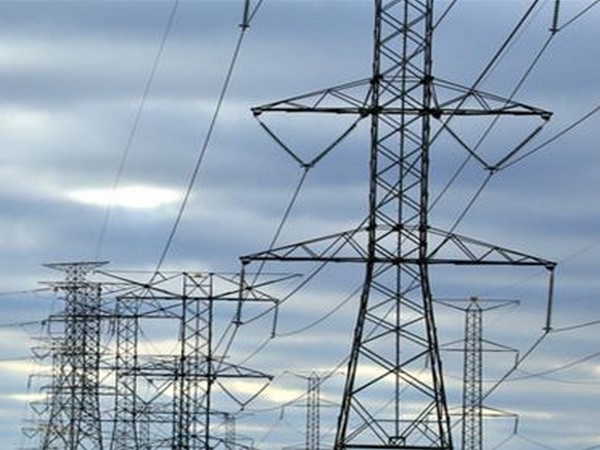New Delhi [India], December 3 (ANI): The Union Power ministry on Friday issued an order for waiver of the Inter-State Transmission system (ISTS) charges on the transmission of electricity generated from new hydro-power projects.
According to a press release by the ministry, the said waiver is already available to solar and wind power projects.
The government has set an ambitious plan to have 500 GW of generation capacity from non-fossil energy-based sources by 2030.
“Hydro power projects, being clean, green and sustainable, will be of paramount importance in our clean energy transition journey. They are also essential for the integration of solar and wind power, which are intermittent in nature,” the release said.
“In acknowledgement of the aforesaid inherent qualities of hydro-power, the Government of India declared hydro power projects as the renewable source of power in March 2019, However, waiver of inter-state transmission charges, provided to solar and wind projects had not been extended to hydro power projects,” the ministry said.
“In order to remove this discrepancy and to provide a level playing field to hydro projects, the Ministry of Power has now decided to extend the waiver of ISTS Charges on the transmission of power from new hydro power projects, for which construction work is awarded and PPA is signed on or before June 30, 2025,” it said.
ISTS charges shall be levied for transmission of power from Hydro Power Projects where construction work is awarded and PPA is signed after June 30, 2025, it said, adding that the waiver shall be applicable for a period of 18 years from the date of commissioning of the hydro power plants.
The waiver shall be allowed for Inter-state transmission charges only and not losses, it further said, adding that it would be made applicable from the prospective date.
The move is expected to provide a boost to the hydro sector, which will also help improve India’s water security and bring development benefits to hilly states — Northeast states, Uttrakhand, Jammu and Kashmir and Himachal Pradesh where most of the country’s hydro potential is concentrated. (ANI)












